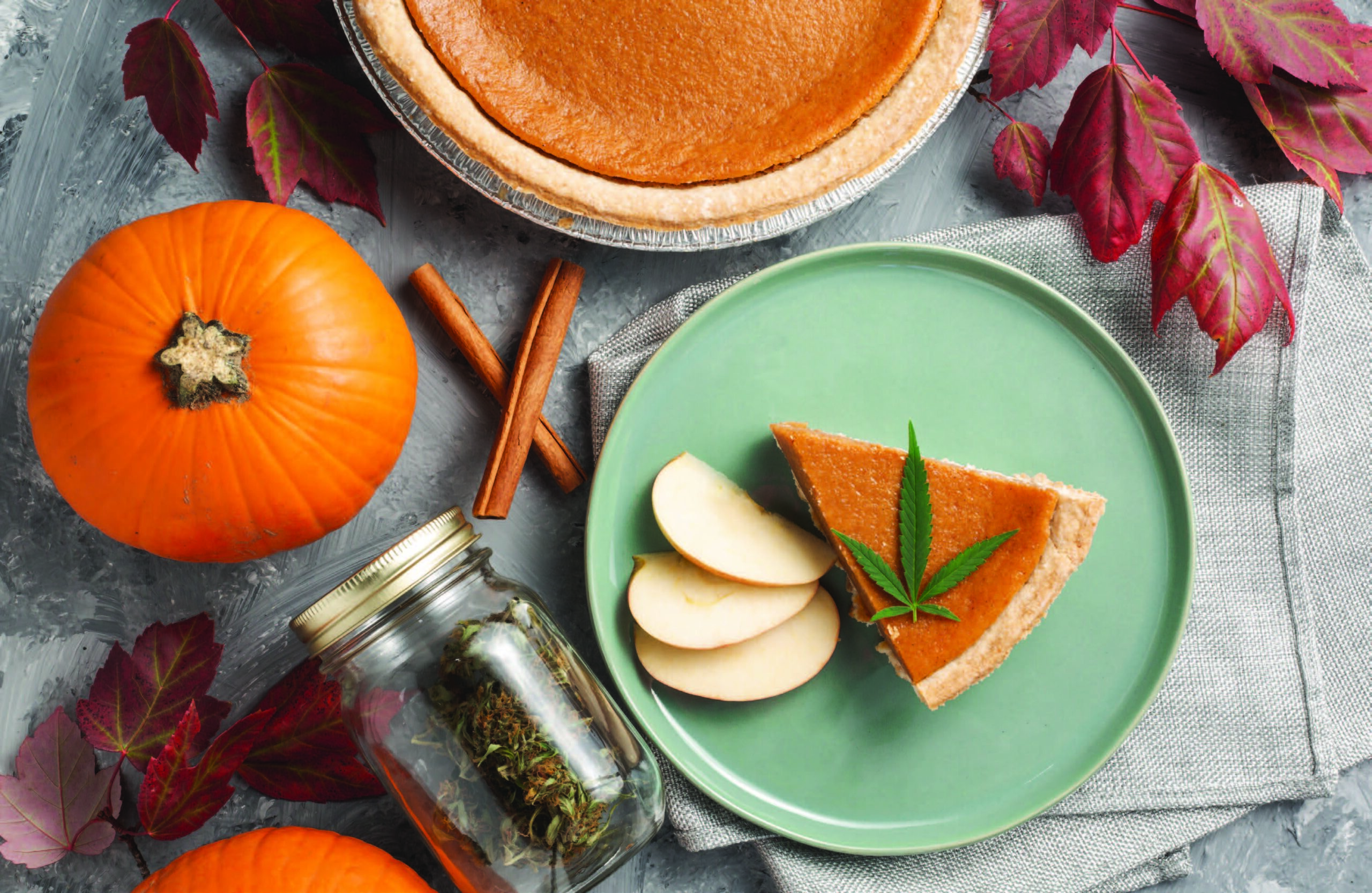I’ve written about women and beer before, but it’s usually from the perspective of women as drinkers or women as consumers, not so much as women as brewers, but I should have. I should have a long time ago, because women have been instrumental in the history of brewing, and still play huge roles today. Much in the same way that the 20th century killed the craft of brewing, the 20th century and the industrialized beer it created also killed the participation of women in the craft. Before industrial beer, women were the primary brewers of beer all over the world. In ancient Sumeria, the birthplace of beer, brewing had a goddess, not a god, as its overseer, and women were the original baker/brewer/priestesses.
Even though industrial beer turned women into sex objects and left them to be barmaids and bottling line reject inspectors, women’s participation in craft beer doesn’t have a limit. Women in craft beer today hold positions up and down the payroll, as well as sign the checks of some of the biggest and best craft breweries. My list of beer heroes includes some really rad women, such as Lauren Salazar, the wood cellar manager at New Belgium, and Gwen Conley, the quality and production manager at Lost Abbey. Whether they are quality supervisors, shift brewers, heads of marketing, HR, or even packaging technicians and, yes, beertenders, women are filling the ranks and leading the craft beer revolution.
This last week was International Women’s Day, and to commemorate, The Pink Boots Society did their annual Women’s Collaborative Brew Day, and breweries across the world collaborated on a beer. This year’s brew was a historical/ancient beer. Ska Brewing’s Erica Tieppo wrote the recipe for their version of the brew, a Gruit with a farmhouse/saison inspired grain bill and honey, juniper, lemon balm, and cardamom. The crew at Ska was joined by brewers and industry folk from Mancos Brewing, Steamworks, Animas Brewing, and even Two Beers Brewing in Seattle, Washington.
As uplifting as all this sounds, craft brewing is still a male-dominated field and market. There are still sexist marketing strategies, company ideals, and workplace environments, just like the rest of society. I think there’s still a lot of work to do in this area. This is a symptom of something bigger, and that men (and women) are afraid to call themselves “feminists” even though they may agree that women should have the right to own property, vote, have equal pay for equal work, and access to the same educational, legal, economic, and avenues of healthcare as men. So if you believe those things, guess what that means? You’re a feminist.
Robert Alan Wendeborn is a former cellar operator at Ska Brewing and current lead cellar operator at Tin Roof Brewing in Baton Rouge, Louisiana.













